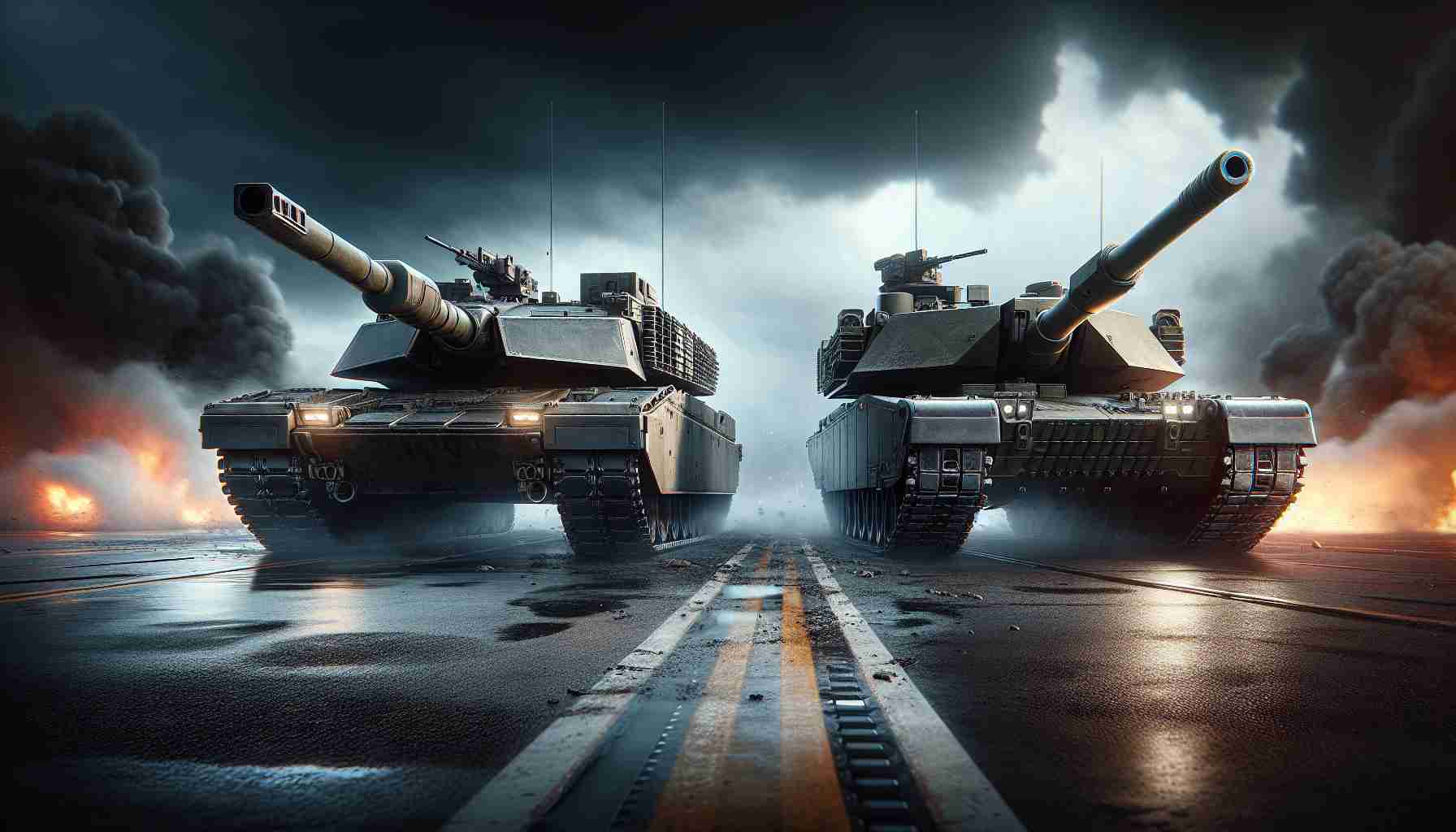In the realm of modern armored warfare, the Leopard and the Challenger tanks stand out as two formidable forces. Each represents the pinnacle of engineering from their respective countries, Germany and the United Kingdom, and has been instrumental on the battlefield. But what sets them apart, and which one is superior?
The Leopard 2 series, developed by Germany, is renowned for its versatility and widespread use. With over 20 nations incorporating this tank into their military forces, it is perhaps one of the most widely recognized modern tanks. The Leopard 2 is equipped with a Rheinmetall 120mm smoothbore gun, noted for its accuracy and firepower. Its advanced modular armor provides excellent protection while allowing upgrades to keep pace with emerging threats. The mobility of the Leopard is another strong point, attributed to its efficient engine and suspension system, allowing it to traverse various terrains with ease.
On the other hand, the Challenger 2, developed by the UK, is revered for its superior armor. The tank is fitted with the notable British-designed Chobham armor, offering unmatched protection against an array of anti-tank weaponry. The Challenger 2 is armed with a 120mm rifled gun, unique compared to the smoothbore used by most tanks, providing exceptional long-range accuracy. Its emphasis on protection and firepower makes it a formidable adversary on the battlefield despite its heavier weight.
Both tanks illustrate a balance between firepower, protection, and mobility but with different design philosophies. The Leopard 2 is prized for its adaptability and speed, while the Challenger 2 prioritizes armor and range. Evaluating them ultimately depends on operational needs and battlefield conditions. Whether favoring versatility or raw defensive prowess, each tank remains a symbol of military strength and technological innovation.
Unveiling Tank Powerhouses: Surprising Impacts on Global Defense Strategies
In the dynamic world of armored warfare, the Leopard 2 and Challenger 2 have become synonymous with military might, showcasing the ingenuity of Germany and the UK respectively. However, beyond their battlefield capabilities, these tanks hold significant socio-economic and geopolitical implications that often go unmentioned.
Economic Keystone: Tanks as Catalysts for National Economies
The production and maintenance of tanks like the Leopard 2 and Challenger 2 have far-reaching economic impacts. Germany’s arms industry, bolstered by international sales of the Leopard 2, has substantially contributed to the nation’s GDP. The tank’s widespread use in over 20 countries not only strengthens global alliances but also serves as a testament to German engineering excellence. Meanwhile, the UK’s Challenger 2 production supports a substantial segment of the British defense industry, providing jobs and sustaining technological progress.
Global Balance: Influencing Alliances and Military Collaborations
Both the Leopard 2 and Challenger 2 play crucial roles in shaping military alliances. The Leopard 2’s extensive global deployment strengthens NATO ties as multiple member states standardize on this model, enhancing interoperability. The Challenger 2, though more selective in deployment, underscores the UK’s strategic military relationships, especially in regions where heavy defensive capabilities are prioritized.
Emerging Questions: Which is the Future of Warfare?
As warfare evolves, questions arise: Will adaptability or armor supremacy dominate the future battlefield? Can countries afford to focus on just one tank philosophy, or is a hybrid approach necessary?
For further insights into the interesting world of armored warfare, visit Military.com or Defense.gov for more defense-related updates.







